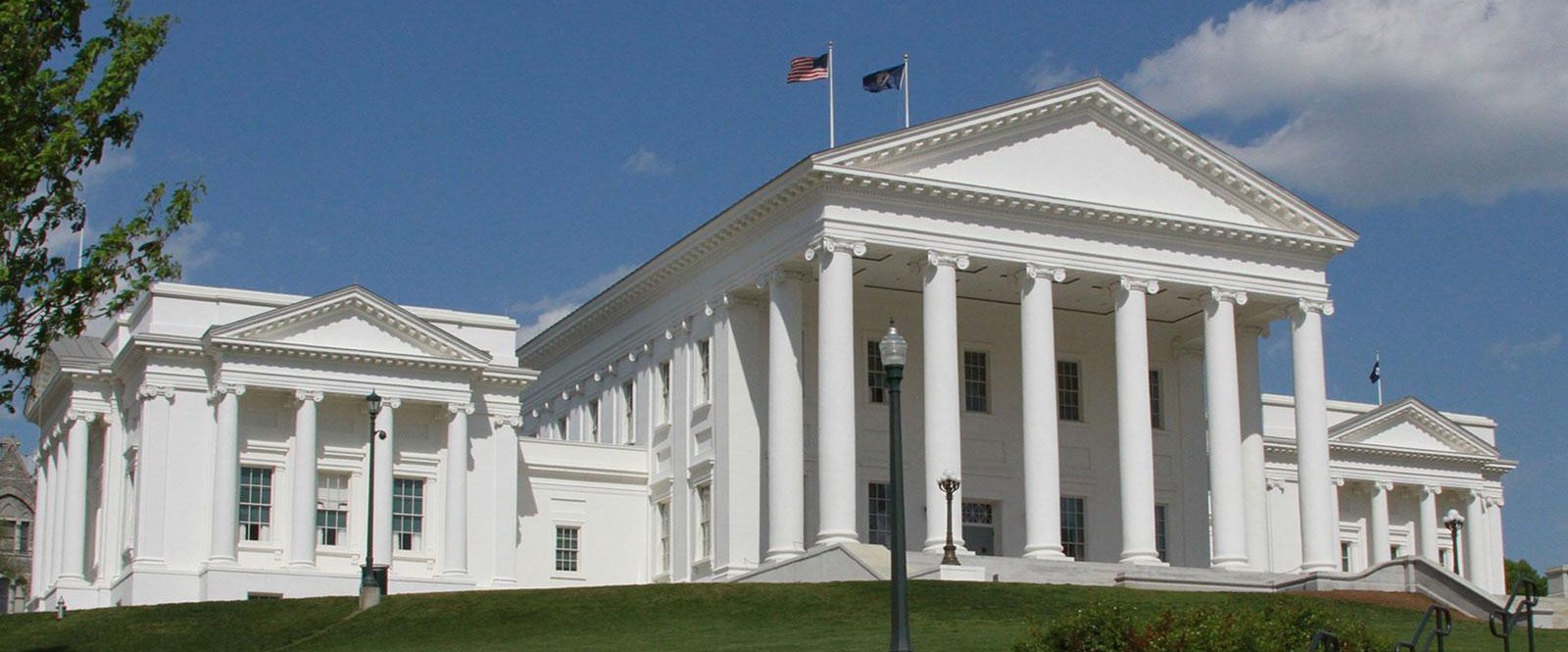Virginians may be finally waking up to the consequences of the headlong rush to adopt utopian energy policies under our previous governor. The issues are getting more attention than ever before, and now people need to realize all the issues are really just one issue.
If the 2021 law remains on the books, then what has been going on in the electricity and transportation sectors will expand into mandatory building code restrictions and the elimination of natural gas, heating oil and propane as common fuels. The net-zero vision for agriculture includes the elimination of many fertilizers and limits on production of livestock. If you doubt that, read about what is going on in Sri Lanka and The Netherlands.
- A California regulatory board’s decision to ban new gasoline vehicle sales by 2035 is finally being widely reported as binding on Virginia. This has angered many but was actually old news. Under a 2021 Virginia law, our Air Pollution Control Board had already imposed the future sales restrictions, and it was some new amendments that sparked the news coverage. Various political leaders have now promised to stop it but a bill to reverse it died in the 2022 General Assembly when Democrats rallied to save the mandate.
- Our dominant electric utility has finally acknowledged that its planned $10 billion offshore wind facility is a gigantic financial risk and is now refusing to build it unless the State Corporation Commission (SCC) places 100 percent of the construction and performance risk on its customers. Dominion Energy Virginia knows many things about this proposal it has not told us.
- Governor Glenn Youngkin (R) is trying to remove Virginia from an interstate compact that mandates a carbon tax on electricity, imposed under former Governor Ralph Northam (D). Advocates for the tax are pushing back and will fight, delay and likely sue to preserve the tax, which costs Virginians $300 million per year at current levels and will continue to rise. Without explanation, the Governor did not keep his initial promise to promulgate an emergency regulation that could remove it quickly, so the tax lingers.
- Governor Youngkin has opened the process for developing a revised statewide energy plan document, a political process to produce what in the past has been merely a political document. The public comment portal has already become an ideological showcase. Northam’s 2018 plan had no engineering or economic detail. It simply praised the legislative efforts to erase fossil fuels which had been adopted to that point and outlined the next steps his administration would take (couched as recommendations.)
Legislation also signed by Northam demands that the Youngkin plan now address far more issues in that plan than Virginia has addressed to date, issues not raised in the 2018 document. He is required to produce a plan:
that identifies actions over a 10-year period…to achieve, no later than 2045, a net-zero carbon energy economy for all sectors, including the electricity, transportation, building, agricultural, and industrial sectors.
For more information, click here: https://www.thomasjeffersoninst.org/consequences-of-the-quest-for-carbon/
Source: The Thomas Jefferson Institute for Public Policy
